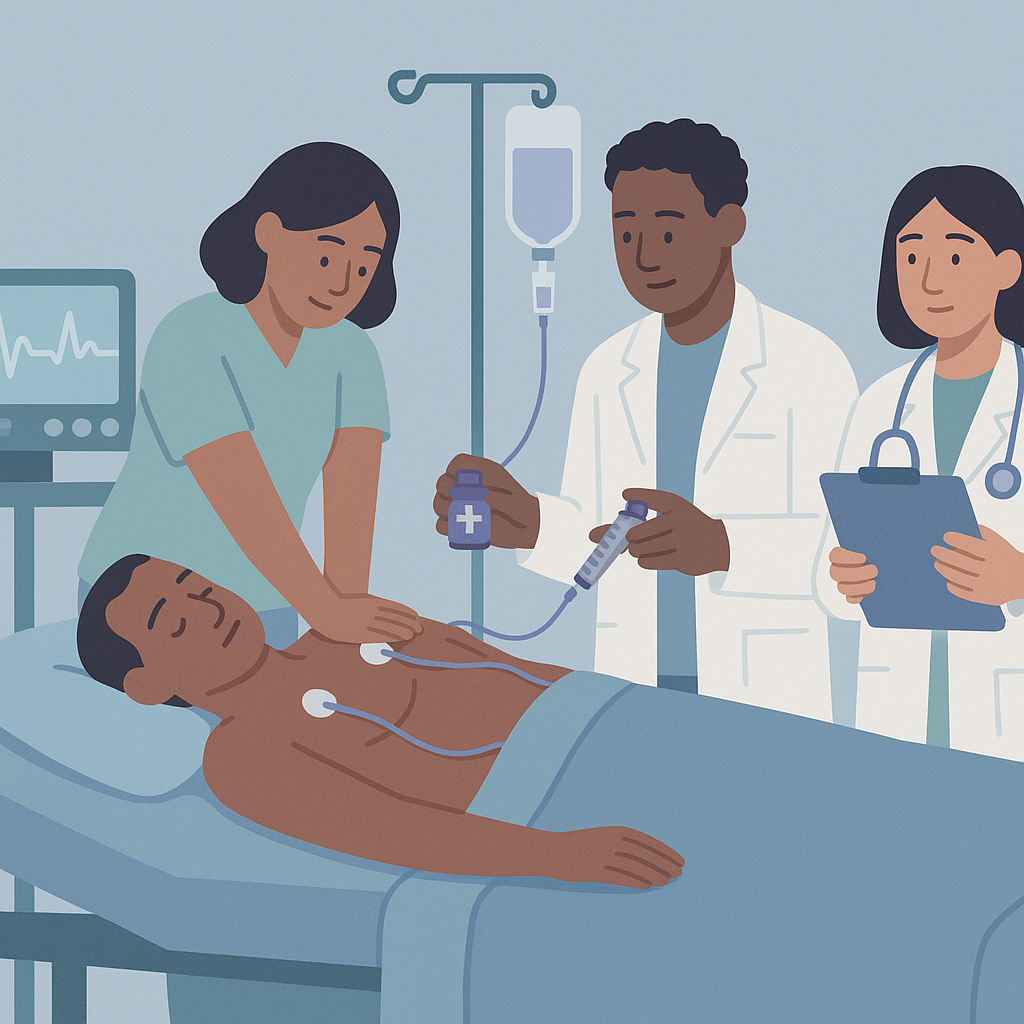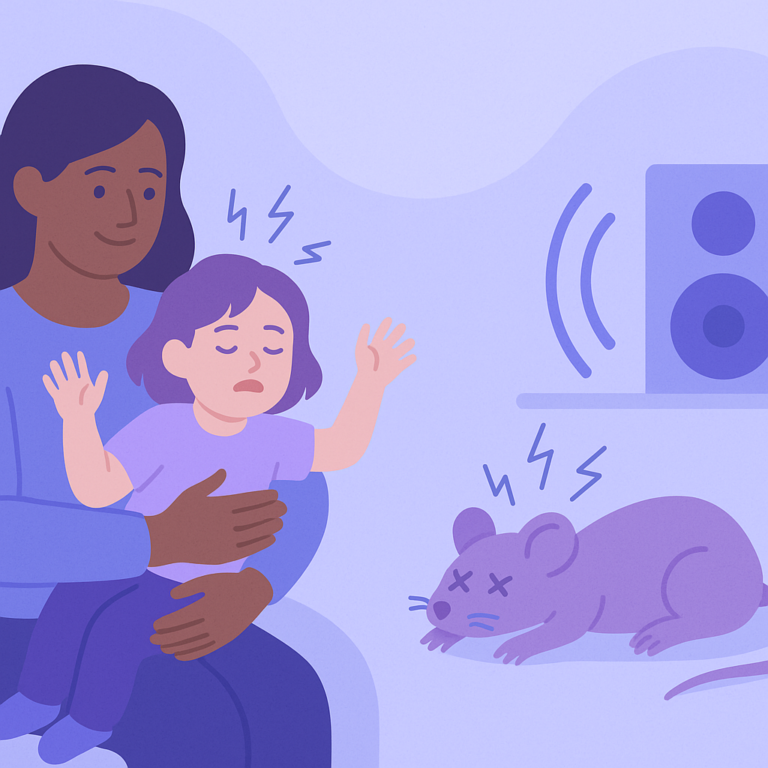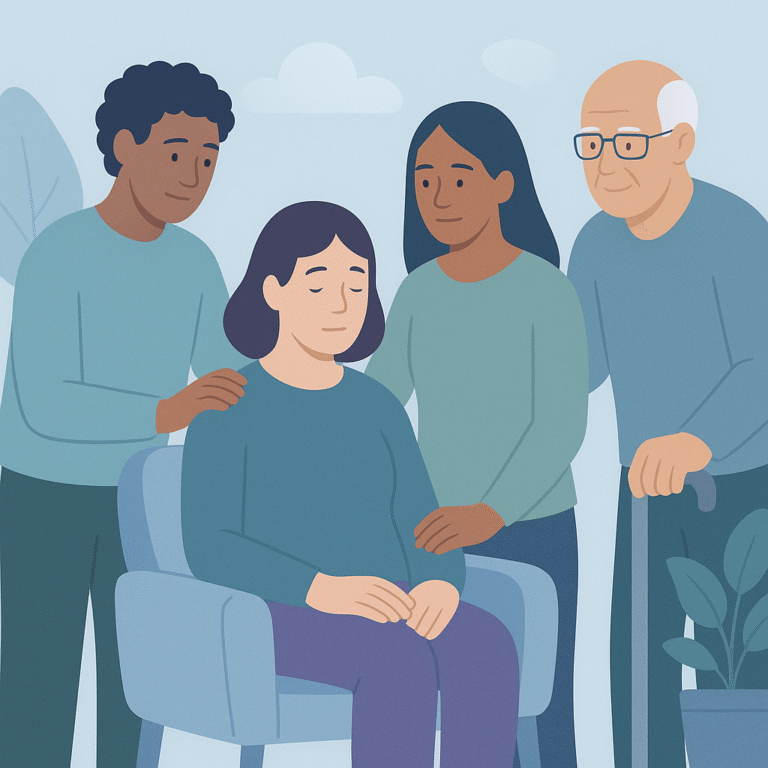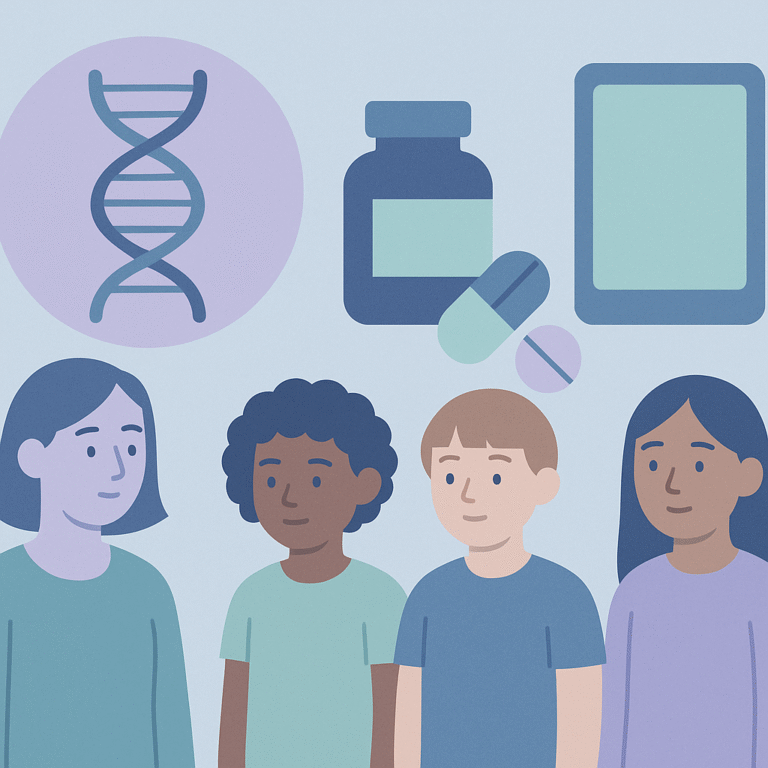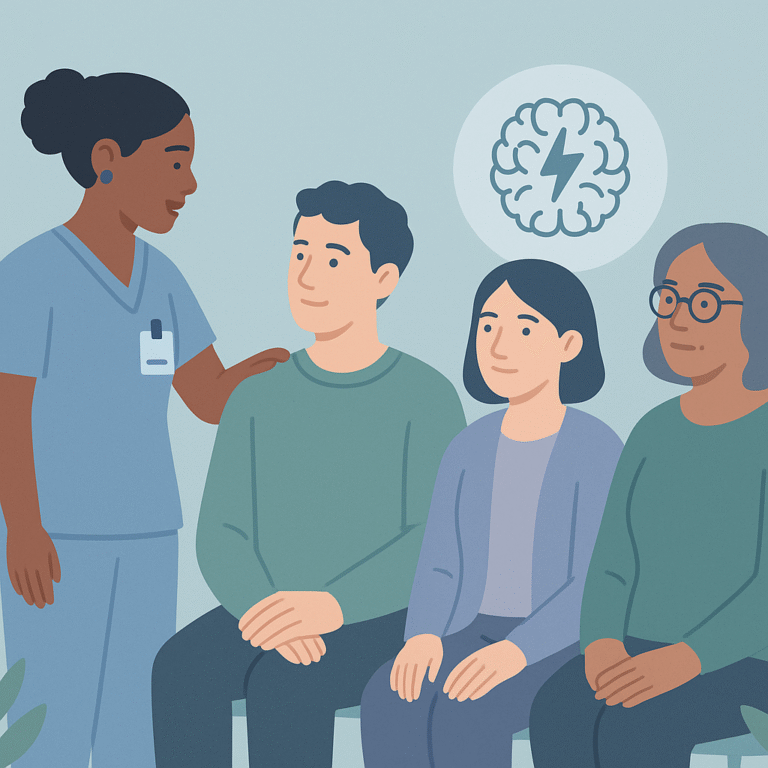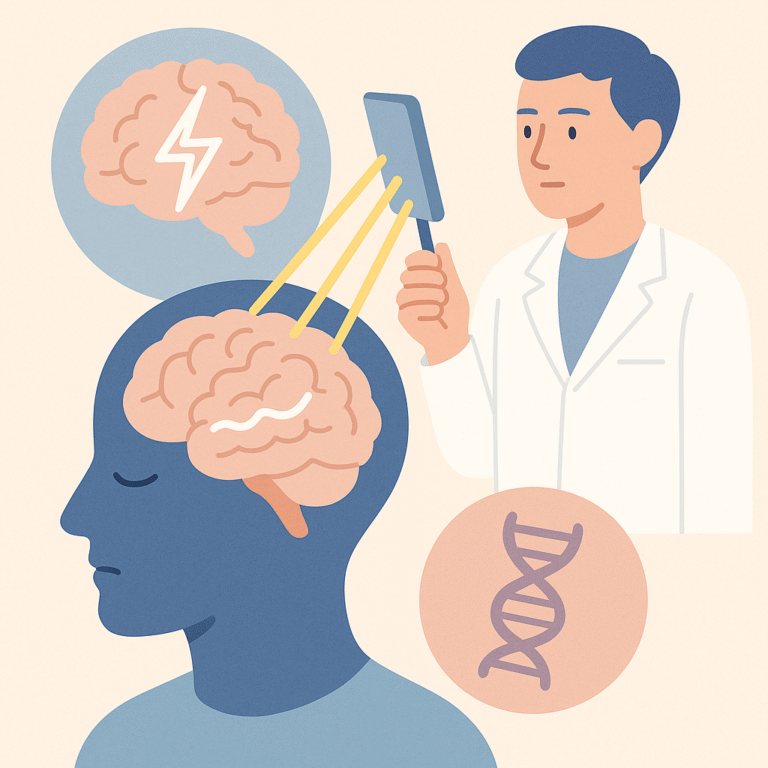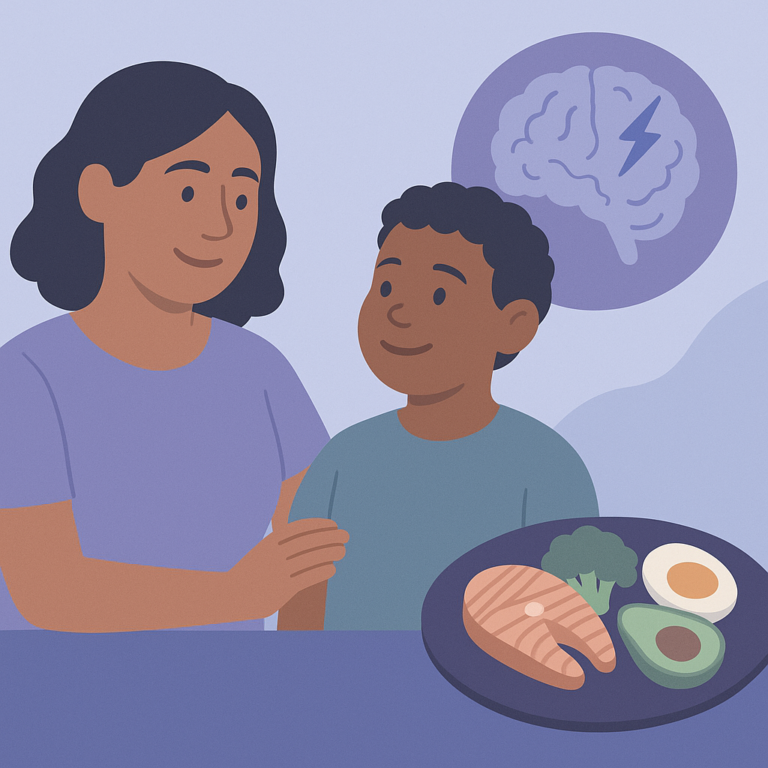Using Anticonvulsants to Improve Outcomes After Cardiac Arrest
Summary
Researchers investigated the effects of using preventive anticonvulsant medications in patients who experienced cardiac arrest and were treated with mild hypothermia. The study focused on patients who had survived cardiac arrest but were at risk of developing seizures and myoclonus, which are involuntary muscle jerks. The researchers specifically looked at two commonly used anticonvulsants, valproate and clonazepam, to see if they could help reduce these complications.
The main finding of the study suggested that using prophylactic anticonvulsants like valproate and clonazepam may lower the chances of patients experiencing generalized seizures and myoclonus after cardiac arrest. While the exact percentage of reduction was not specified, the results indicate a potential benefit in improving the neurological outcomes for these patients. This is significant because seizures and myoclonus can lead to worse recovery and overall health after a cardiac event.
This research is important as it highlights a possible way to improve care for patients recovering from cardiac arrest. However, it is essential to note that the study is observational and not a randomized controlled trial, which means more research is needed to confirm these findings. The small sample size and early nature of the study also suggest that caution should be exercised before making any changes to treatment practices based solely on these results.
Related reading
- Levetiracetam or Phenobarbital for Seizures in Children
- Levetiracetam May Cause Obsessive-Compulsive Disorder in Epilepsy Patients
- Research Trends in Pediatric Epilepsy Treatment From 2005 to 2025
- Vagus Nerve Stimulation Device Linked to Heart Issues
- Sleep Issues Worsen Attention Problems in Temporal Lobe Epilepsy
- Understanding Breathing Changes During Seizures and Their Risks
Free: Seizure First Aid Quick Guide (PDF)
Plus one plain-language weekly digest of new epilepsy research.
Unsubscribe anytime. No medical advice.